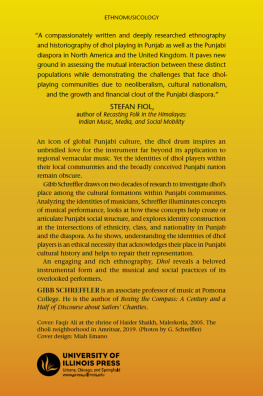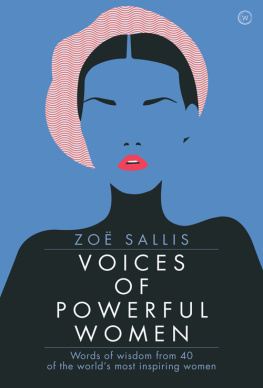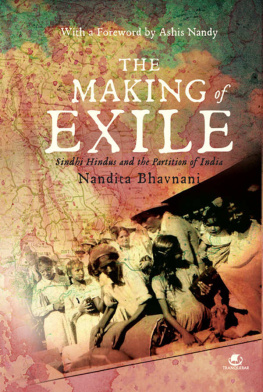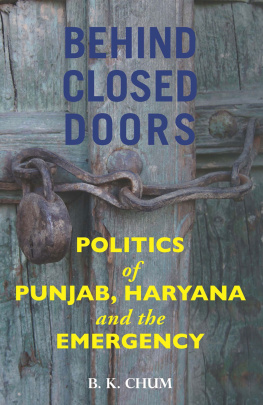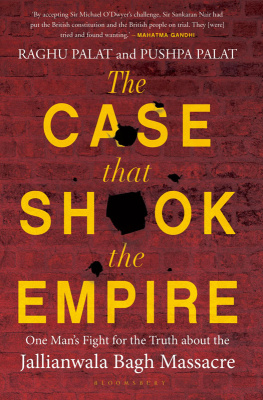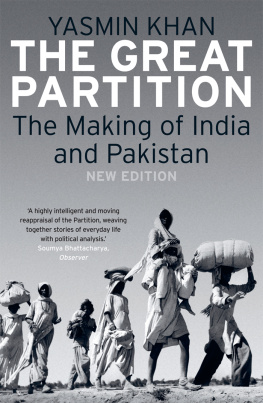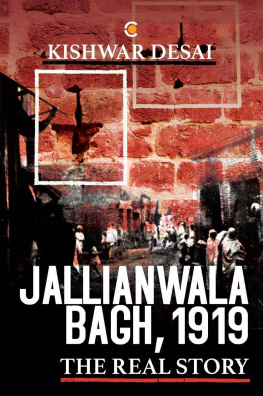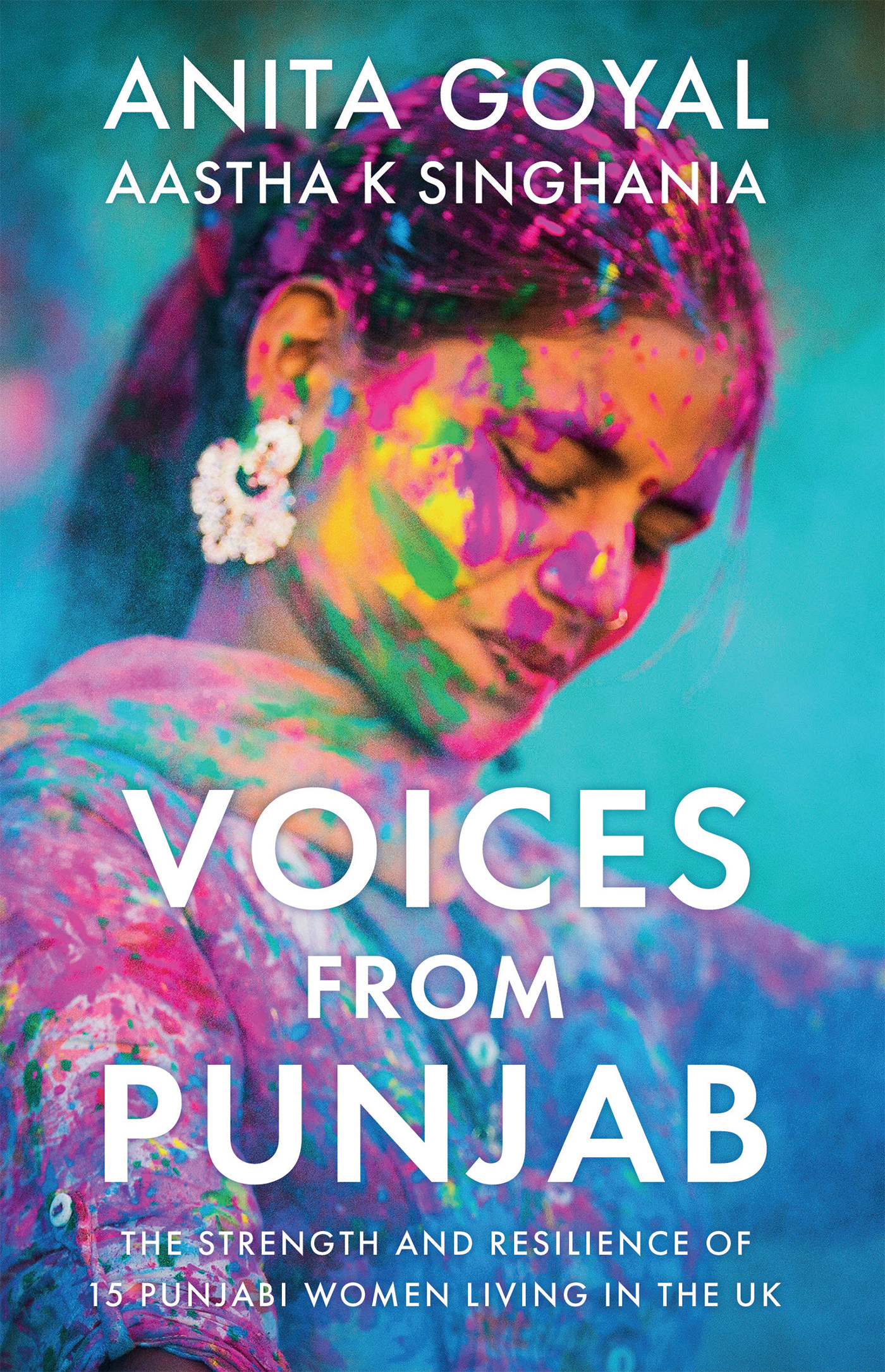The contribution of UKs Punjabi women to British society is truly inspirational. Anita Goyals Voices from Punjab is well researched and unique in content. Perhaps one of the best portrayals of British Punjabi success in recent history.
Asian Voice
Anita is an inspiration for women all over the world. Her charity work has taken her to many rural places around the globe, and now this book has taken her into the histories of some of the most inspiring Asian women in Britain today. Well done, Anita!
Sunita Arora, Philanthropist and
Director at the Arora Foundation
Anita Goyal is genuine and generous in her mission to create a positive impact to the many organisations she supports.
Through the creation of this book, she is using education to promote change, all the while championing and inspiring others. The world needs more people like Anita Goyal.
Manika Kaur, Philanthropist and Musical Artist
Stories have the power to teach. They allow us to learn and see the world through the eyes of many as it was, it is and could be.
Through hearing the stories of our past we can build a better future, learning the lessons history has to teach us. And history has many lessons to teach; it is important that we do not forget them and keep sharing them as generations have done before us.
This book continues that tradition, passing words of wisdom, warning and wonder from one generation to the next and beyond. It should serve as real life lessons for a better tomorrow.
Reena Ranger, Philanthropist and Chair of Women Empowered
Everyone has a story to tell its how you tell it that matters.
This book is sure to tantalise memories from times gone by, as it recognises the journey of acclimatisation that mothers, aunts and friends went through to get to the other side.
Anita has taken 15 such stories and injected an energy that is sure to inspire you.
Manjit Gill, CEO of Binti International
Copyright 2019 Anita Goyal
The moral right of the author has been asserted.
Apart from any fair dealing for the purposes of research or private study, or criticism or review, as permitted under the Copyright, Designs and Patents Act 1988, this publication may only be reproduced, stored or transmitted, in any form or by any means, with the prior permission in writing of the publishers, or in the case of reprographic reproduction in accordance with the terms of licences issued by the Copyright Licensing Agency. Enquiries concerning reproduction outside those terms should be sent to the publishers.
Matador
9 Priory Business Park,
Wistow Road, Kibworth Beauchamp,
Leicestershire, LE8 0RX
Tel: 0116 279 2299
Email: books@troubador.co.uk
Web: www.troubador.co.uk/matador
Twitter: @matadorbooks
ISBN 978 1838597 221
British Library Cataloguing in Publication Data.
A catalogue record for this book is available from the British Library.
Matador is an imprint of Troubador Publishing Ltd
Dedicated to my many mothers
Parmjit Rai, Santosh Goyal,
Tarseem Sehmi, Sham Kaur Sehmi,
Gurcharan Kanda and Purni Devi
Contents
Foreword
Anita Goyal and Aastha K Singhania have successfully encouraged fifteen amazing women to openly share their stories, including inspirational industry leaders such as Dr Kamel Hothi, Baroness Verma, Sarita Sabharwal, Lady Desai and Lady Noon. They also captured the stories of everyday women such as Santosh Goyal, Parmjit Rai and Kuljit Sharma, exploring the vibrancy that these women emulate through their actions and the relationship with their culture and identity.
Voices from Punjab is a collection of fifteen beautifully told stories, sharing the challenges, obstacles and successes of these Punjabi women and their families as they emigrated to the United Kingdom. Each of these women have had a huge impact on the lives of those around them, and by publishing this book they are sharing their stories with the world. This book is a true celebration of diversity, not only in the UK but also among Punjabi women, as it captures how one common location can produce such different stories and futures. The fifteen stories are woven together in a uniquely personal way, acknowledging their similarities and embracing their differences in the face of Western society and its extreme cultural demands.
Im really proud that the Hemraj Goyal Foundation is supporting this book by giving all profits to support a livelihood project for vulnerable women in Punjab and education for young women and girls. I hope that women everywhere are inspired by Voices from Punjab and the purposeful difference it will make. By sharing these stories, Anita and Aastha are highlighting the sacrifice that these women have made when their lives were picked up and moved, to inspire everyone regardless of their gender, religion, age, or cultural identity.
Avnish Goyal
Founding Trustee of the Hemraj Goyal Foundation
Chair of Hallmark Care Homes and Chair of Care England
Introduction
My Beginning
Anita Goyal
with Parmjit Rai
My mother was the one who suggested that I would write a book one day, after consulting the astrological chart which was made after my birth. This was a decade ago and at the time I believed that my mother was being facetious, laughing it off as nothing serious. Deep down, however, I knew that this was something I would love to pursue, though I put it on the back burner for a long time. I have been on an incredible journey with my co-author, Aastha, and together we started to explore the lives of women with roots and heritage from Punjab in India. Fifteen women were chosen to represent the true spirit of Punjabi women living in the United Kingdom in the twenty-first century.
Punjab has suffered massively at the hands of British rule, from exploiting its fertile land for resources, to tormenting and killing people at the Jallianwala Bagh massacre in 1919, to forcing innocent families to leave their settled abodes, struggling to keep themselves alive during the Partition of India in 1947. Many Sikhs and Hindus were a part of Western Punjab and Muslims of East Punjab. Partition displaced many from their homes, ancestry and the life which they had made for themselves. Families lost their loved ones, saw their women getting raped and killed, and were forced to travel with uncertainty, unsure as to how they would reach the other side of the border dead or alive. No one could be trusted on either side and many had to let go of everything they had to start afresh. The Partition Museum in Amritsar, India, has a record of many such voices which cried out for help at the time but seemed to have gone silent over the years.
Today Punjab is considered one of the wealthiest states of India, not only financially but also in spirit. Punjab is also synonymous with colour, festivities and merriment. My heritage is Punjabi and as a British-born Indian, I am fascinated with how life was so different to how it is in the United Kingdom. This is where my ancestors were from and only through my short holidays to India with my mother did I realise how important it is to connect with your roots. Upon each subsequent visit, I started to identify gaps in my knowledge about Indian history, especially in relation to the British Empire. I was educated in British schools, being born in Forest Gate in East London, and this part of history was never taught. This book is not a historical book, but an opportunity for us to emphasise the real-life stories of women with a common background coming from Punjab to celebrate their triumphs over cultural differences and gender stereotypes in the UK.


